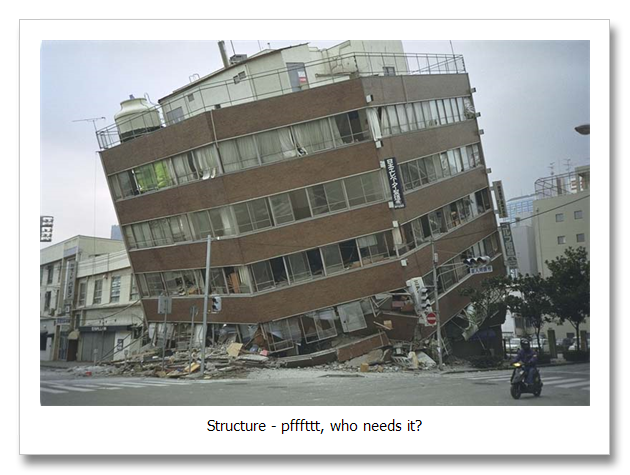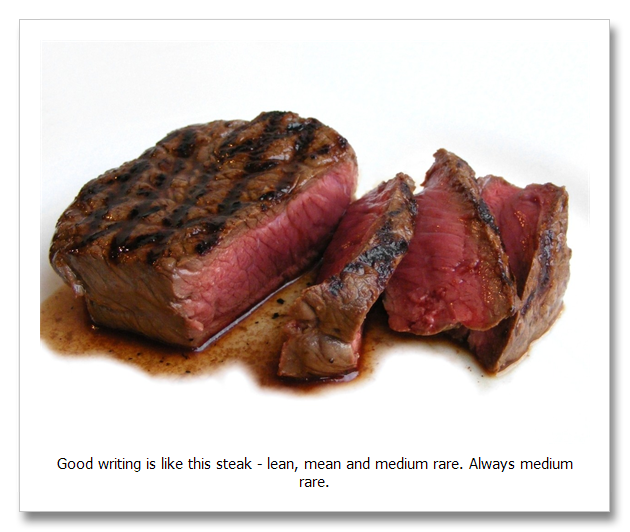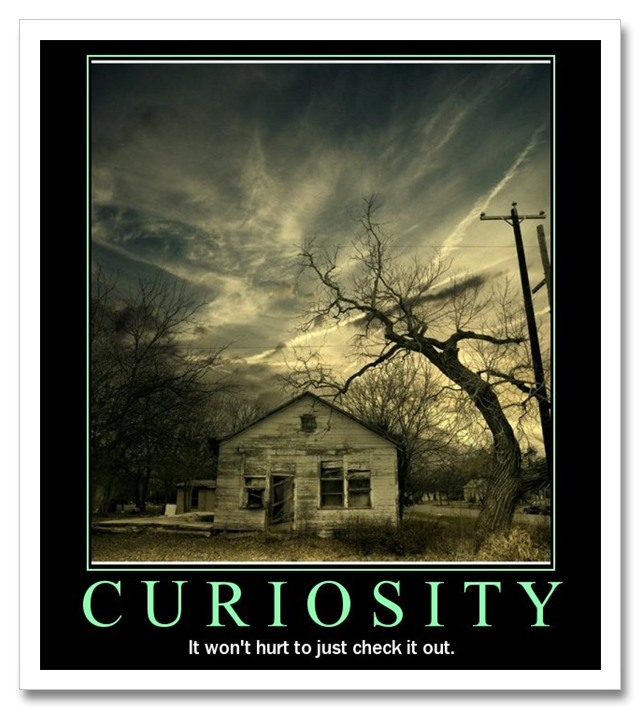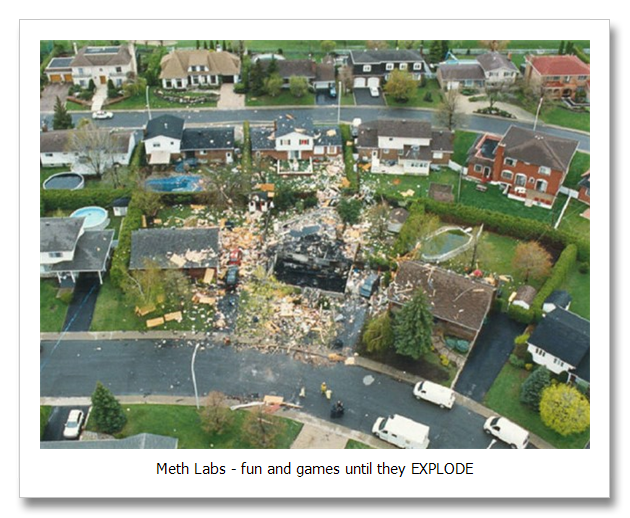 On Saturday night I got into a discussion with a group of aspiring writers I met through the Get Smarter Creative Writing course about the idea of creative limitation.
On Saturday night I got into a discussion with a group of aspiring writers I met through the Get Smarter Creative Writing course about the idea of creative limitation.
They asked me to write up some of my views on the topic on the FB page we’ve started, but instead I thought I’d go one better and bang it out here for other aspiring writers to possibly benefit from.
Before I get started though, it’s only fair that I issue the following disclaimer: I don’t have all the answers. I’m only posting this because I’ve found this information useful in terms of my writing so yeah, eat the fish, spit the bones.
One of the biggest challenges I’ve encountered in writing fiction is losing direction, momentum and the will to finish what I start. What started out as a great premise for a novel unwinds into this sprawling mess of characters doing whatever the hell they want while the original story I had in mind forks so many times I end up getting forked.
After reading a lot of books and websites about writing I soon learned that the problem I was having was due to the fact that I was writing without structure.
The first time someone pointed this out to me, I balked at the idea. I’m not an architect, I’m a writer goddamnit! What the hell do I need structure for?
As a creative person, I saw structure as a kind of death knell for my creativity because it stood to reason that the minute I took this brilliant idea I had for a novel / comic book / TV series / movie and tried to impose structure on it, surely I would end up severely limiting the idea?
The short answer here is yes. That’s exactly what structure does and lemme tell you something, reigning in that crazy basterd of an idea you have boiling in your mind is possibly the best thing you can do for it.
This is what I mean when I refer to the term creative limitation. It seems totally counter-intuitive to any creatively-minded person that you would actively try to limit your idea, cut it down to size, force it into a workable structure, but the act of doing so is one of the most valuable things you can do for your burgeoning story.
For starters, here’s a fun exercise to infuriate the shit out of you – explain your entire novel in one sentence, two at the most. Do it now. Take a pen write it down.
Impossible, right? Anyone who can successfully do that must be writing the most boring, over-simplified piece of fiction in the history of literature.
And yet every single novel ever written can be summed up in a sentence or two. What’s even more interesting to note is how many of those sentences are loaded to the gills with irony.
Take The Great Gatsby for example: A mysterious millionaire and hopeless romantic dedicates his life to winning the love of a shallow and self-absorbed woman.
We immediately know from reading that description that this is a story that will not end well. It also piques our curiosity as to how this could play out.
See, irony has this uncanny way of taking what would otherwise be a very straightforward plot and adding that crucial twist that all of a sudden makes people sit up and listen.
Say you do this exercise and come out with something like: “A young woman turns her back on her urban lifestyle when she marries a quiet woodsman and moves into the wilderness to live with him.â€
It’s a good start. I’d be mildly interested to find out how these two polar opposites get along, but in all likelihood I’d probably shrug it off and carry on with my life.
BUT if you subtly tweaked the line to read, “A young ex-drug addict turns her back on her hedonistic urban lifestyle when she marries a quiet woodsman only to discover that his cabin is a front for the biggest crystal meth lab south of the border†THEN you’d have a compelling story.
I stole this technique from scriptwriting. In the movie industry they call this shortened description of your story a “logline†and it’s the single most important part of any screenplay.
The reason why is simple. If you’re pitching a screenplay, you have to be able to describe it in a sentence or two because movie producers receive a boatload of scripts from unknown writers every day and unless yours stands out from the rest and can be communicated succinctly, you are dead in the water.
In this way, movie producers are much the same as publishers. You need to make sure the idea you have for a novel is so awesome that just by explaining it with one sentence, you already have your reader / listener’s rapt attention.
So, for brevity’s sake, I’m going to stop this post there, at the logline. Focus on getting that crucial aspect of your story right and next week we can move onto the basic principles of structure according to archetypal story-telling which has remained pretty much unchanged since Homer first picked up pen (quill?) and paper.
Until then ![]()
-ST










Great Tony. Do you know Larry Brooks’: Story Engineering? Absolutely tops vis a vis structure.
No, I haven’t heard of that one. Normally I’d buy it in a second, but at this stage I’m a little hesitant to read more books about writing because all these books and courses and all this theory is distracting me from the actual task of writing my manuscript.
Thanks for the comment though – if you have time to kill at work, check out the “Short Stories” section of this site, would be interested in your views on my writing 😉
-ST
I needed to read this today.
Simple farm girl enters supernatural world to save her niece and her family from generational curse.
Does that work?
Definitely on the right track!
To take things up a notch, give your simple farm girl a crippling fear of the dark, or make her suffer from paranoid delusions or something along those lines, something that ups the conflict and hints at the intense ordeal she’s going to have to go through to save her neice and family.
You’ve got something here, the makings of a great story, no doubt about it 😉
-ST
Simple sixteen year old farmgirl, unsure of herself and her place in the world, enters dark supernatural world to save her niece and end an evil generational family curse.
Yah-hah!!!
If my evil ways generate this type of response, evil rules! Nice one. Keep it up. Looking forward to more. Just poke the witch if you require more impetus